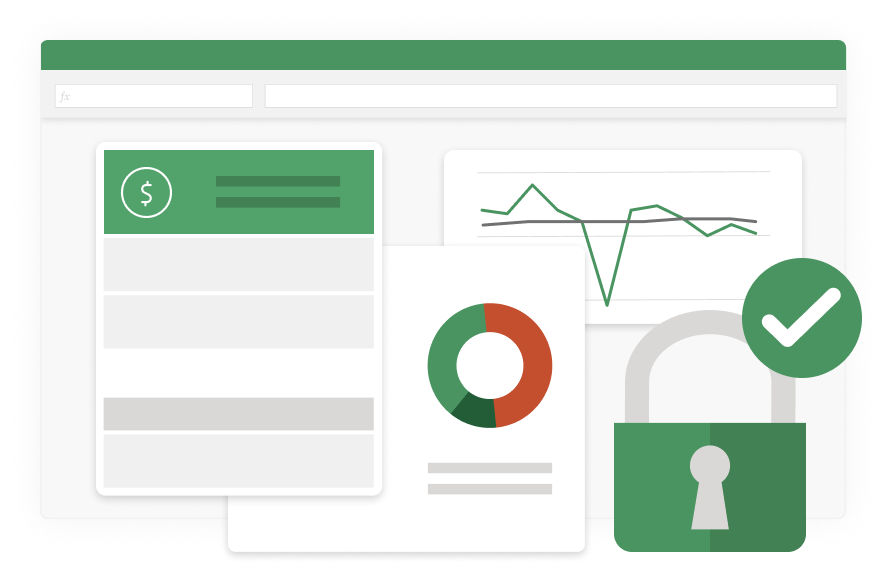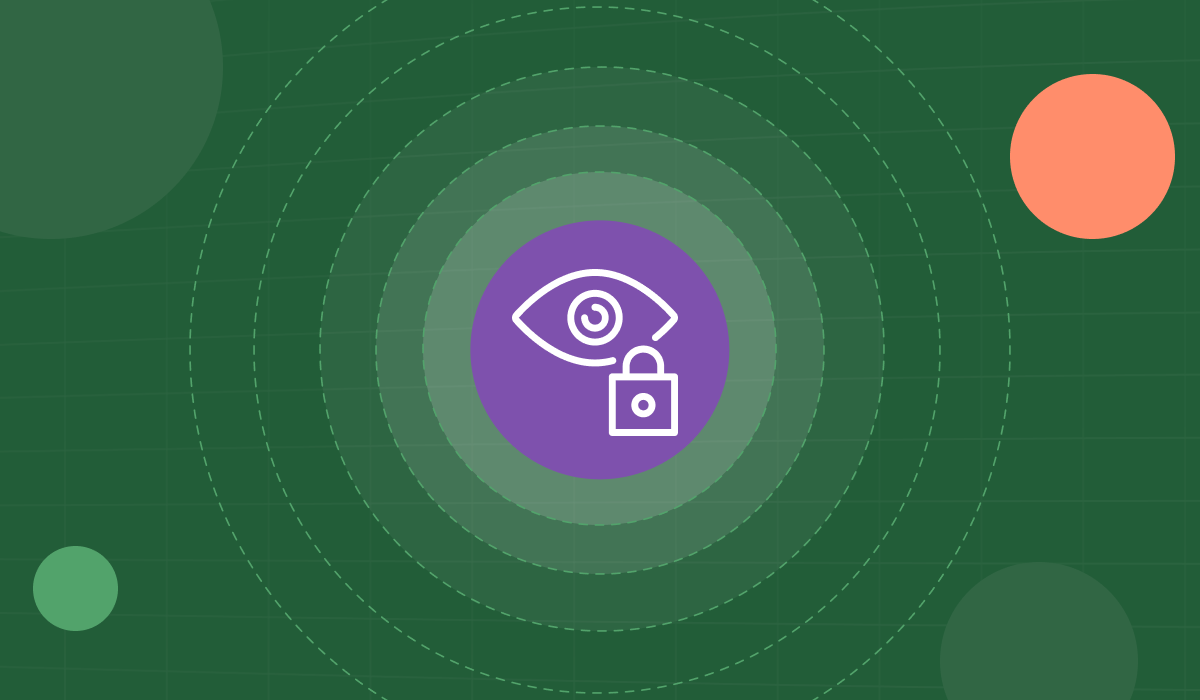Know Your Client (KYC): What It Mean and Compliance Requirements
What Is (KYC)?
KYC stands for know your client. It refers to a series of guidelines and regulations that financial institutions (such as banks) and businesses must follow to verify the identity of their customers.
Why Is KYC Important?
KYC is important for several reasons:
- Helps in the prevention of fraud
- Allows financial institutions to increase security and decrease their risk by viewing an individual’s financial history, credit score and assets and liabilities
- Limits the success of money laundering schemes
- Countries that have KYC regulations are viewed as safer to do business in by investors
In the United States, there are two rules from the Financial Industry Regulatory Authority (FINRA) that govern KYC:
What are the Requirements for KYC?
In the United States, and several other countries, there are three steps in the Know Your Customer framework: customer identification program, customer due diligence and enhanced due diligence.
Customer Identification Program
How do financial institutions and firms verify the identity of their customers? By asking for a minimum of four pieces of identifying information from the customer. Common pieces of identifying information include:
- Full name
- Date of birth
- Address
- Client identification number
In addition, many organizations will also gather information from other sources, such as public databases, to ensure the customer (or potential customer) is not a known terrorist or politically exposed person.
Customer Due Diligence
Once all of the information about the customer has been collected, organizations will then examine additional information about the customer, such as the nature of existing relationships. Putting all this information together, the financial institution will then be able to classify the riskiness of working with the customer.
If an organization deems that a customer (or potential customer) is a risk, they will then perform enhanced due diligence.
Enhanced Due Diligence
If a customer is classified as a risk, the financial institution or firm will try to gather more information about the customer, such as research from third parties or asking the customer to verify the source of their wealth.
KYC: Additional Information You Need To Know
What is KYC Verification?
KYC verification is a set of requirements set out by regulatory bodies in their respective country to ensure that companies and brokers in the investment and financial services industries have sufficient information about their customers.
What Are KYC Documents?
Common KYC documents include:
- Driver's license
- Social security number
- Passport
- Birth Certificate
- Documents issued by a state or federal government
To verify proof of residence, a financial institution or broker may ask for:
- Utility bills (such as telephone, internet or gas)
- Bank statements
- Employment documents
- Housing contracts
What Is the KYC Process?
1. Submit documents
2. Identity verification
3. Residency verification
4. Verification of financial condition
Choose Vena To Keep Your Data Safe and Secure
Keeping your data safe and secure is important for all businesses, not just those in the financial services industry. Whether you’re using FP&A software that ensures your data is protected or another method, it’s important to keep safety and security top of mind.
Recommended Resources

Maintain Control of Your Financial Data with Vena
Learn More
How To Keep Sensitive Microsoft Excel Data Secure
Learn More